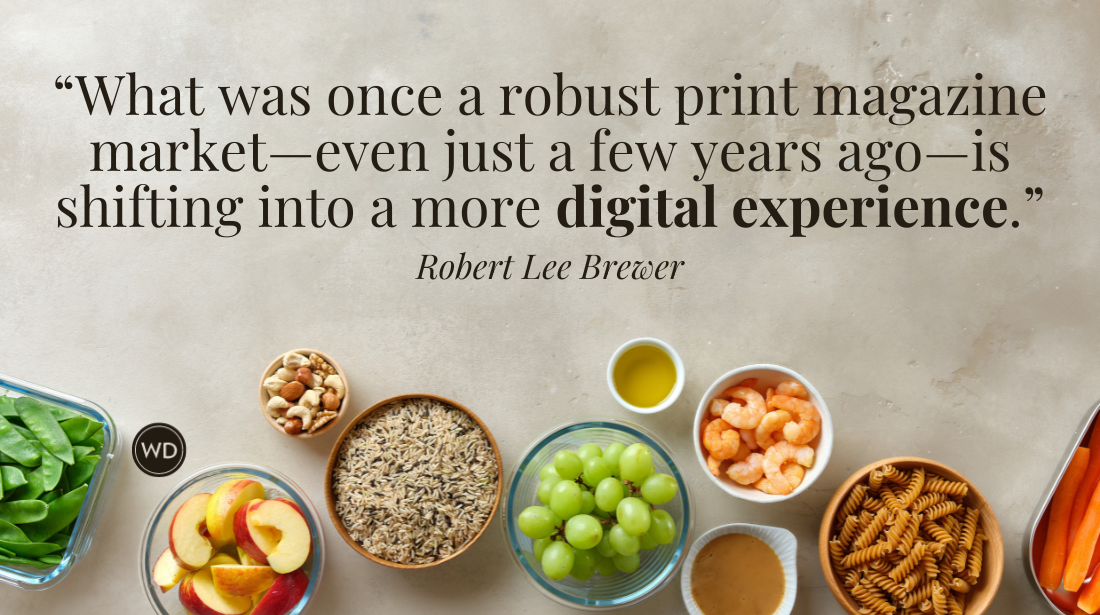5 Mistakes Authors Should Avoid on TikTok
As more writers and readers alike check out TikTok, whether for #BookTok or dance moves, here are five mistakes authors should avoid on TikTok with some advice on how to get the most out of this social media platform.
You’re an author, and you’ve heard that TikTok is the next big thing for promoting and selling books. You’ve gotten curious and started investigating #BookTok. Perhaps you’ve created an account and started publishing your own videos. And perhaps you’ve found yourself asking: Why does some author content on TikTok attract tons of views and followers, and other content totally tanks?
Ever since our book publicity firm joined TikTok and launched a BookTok service for authors, we’ve received a ton of questions from eager authors about the app. We’ve also witnessed firsthand the mistakes and misconceptions that authors encounter concerning what they should do—and not do—on the app to build their audience.
Here are five common mistakes authors should avoid on TikTok:
Mistake 1: Not engaging with the app except to post and promote your own content.
If you’re not actively, regularly engaging with the videos that are currently on TikTok, you probably shouldn’t be posting your own. In order to really use TikTok to your advantage, you have to understand the app’s content, trends and audience—and in order to understand it, you have to use it.
Watch videos regularly on TikTok, paying attention to the BookTok community, but also to the other types of content you naturally engage with and enjoy. Follow and interact with users who produce content you like, and “like” and “favorite” their videos as well. Get a strong grasp for the app’s trends, peculiarities, niches, sense of humor and fun, and the vastly creative ways of producing videos.
The app will feel less intimidating and far more intuitive the more you use it. You will better understand how to improve your posts and engagement if you use TikTok as a “viewer” yourself, as well as a content creator.
Mistake 2: Not spending enough time learning the app’s features and functionality.
Do you know the difference between “Stitching” and “Duetting,” and the purpose of one or the other? Can you save “Sounds” to your Favorites folder, and sync them properly with your videos? Do you know how to apply filters to your videos, or edit videos within the app?
If these questions are making you nervous, you haven’t spent enough time learning how to use TikTok’s functions. While it may seem intimidating at first, once you try out a few features, you’ll be amazed by how intuitive and varied the app can be. Create “test” videos using the various app functions, and save them in your unpublished drafts folder.
The better you understand TikTok features and tools, the more creative, trendy and attractive your content will be.
Mistake 3: Using the app to try and sell, sell, sell.
This is one of the worst approaches you can take on any social media platform, but it is content-death on TikTok. I will scream it from the rooftops: TikTok’s audience values creativity, humor, and above all, authenticity.
They are looking to connect with you first and foremost, not your brand. Don’t pander, over-promote or plead for sales—it will get you nowhere. Instead, make diverse and creative content. Be entertaining, insightful and occasionally even vulnerable in your videos.
Seek to create a genuine connection with other users and your audience, beyond trying to get them to buy your book. If people feel like they have an authentic connection with you and they genuinely enjoy your videos, they will support you.
Mistake 4: Not realizing how your genre determines your audience on TikTok.
YA is the most predominant genre on TikTok, with YA Fantasy and Romance being the biggest subgenres. This makes sense given that 50% of TikTok’s more than 700 million monthly users in the US are under the age of 35, with the majority of users being 16-24. And because TikTok hosts a predominantly younger demographic, progressive content will generally attract more views (think an adventurous dystopian romance with a diverse LGBTQ+ cast fighting the patriarchy vs. a cozy mystery featuring heterosexual white protagonists over the ages of 25).
If you don’t write YA, Fantasy or Romance, you can absolutely still find a following on TikTok with some extra creativity and strategy to engage your audience.
Mistake 5: Underthinking—or overthinking—your videos.
No video editing experience is necessary prior to joining TikTok; the app’s video tools are very intuitive. However, while you don’t have to be a pro, do pay attention to the aesthetics in your videos. Use good lighting, varied angles and shoot vertically rather than horizontally. If your hand is unsteady, prop your camera against a surface or use a tripod. Videos don’t have to look flashy or overproduced to do well, but some effort should be made (again, the better you understand the app’s functions, the easier this will be).
Alternatively, some authors worry so much about creating the perfect, influencer-worthy content that they fret themselves into inaction, or create unnecessary work for themselves. TikTok videos tend to be more informal and spontaneous-feeling than what you’ll find on most YouTube channels. Don’t become such a perfectionist that TikTok becomes a grueling job; experiment with producing different kinds of videos, sometimes on the fly, to see what works and doesn’t work.
Your initial videos won’t be your best (and you can always private them or delete them later), but if you’re willing to keep engaging with the app, your content will improve and your platform will grow!
*****
Social media is a large part of our world today—and is thriving and growing by the minute. It’s important to know how to use social media for writers, everything from the basics to how it can benefit your career. Discover how to use social media to your advantage in this Social Media 101 workshop.
Marissa DeCuir is a real person, as far as she knows. She’s the president of Books Forward, a veteran author publicity and book marketing firm that represents real authors from all over the world. As a former award-winning journalist, she approaches book promotion with a reporter’s mindset—and feels particularly passionate about helping authors differentiate fact from fiction.








